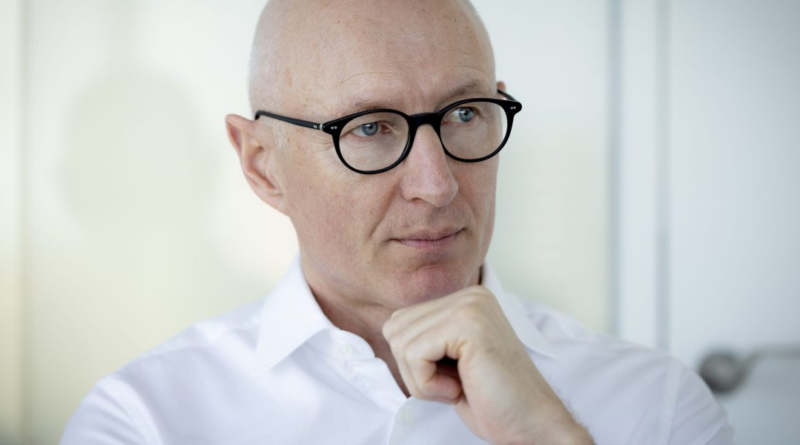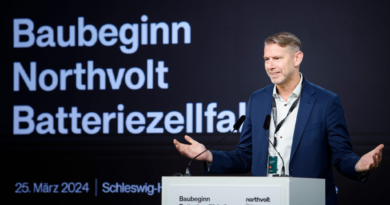Ozempic maker Novo Nordisk has a new goal for its leadership team: Make sure no more than 10% of your staff are stressed
Workers today have much to be stressed out about; Geopolitical tensions are dominating their social media feeds, the cost of living is spiraling and the property market remains out of reach for many. On top of that, there’s the looming threat of AI stealing jobs and costly return-to-office mandates to keep them up at night. Despite this, at Ozempic maker Novo Nordisk its CEO Lars Fruergaard Jorgensen wants his workforce to be more zen—and, he says, it’s for the good of the company.
The Danish weight-loss drugmaker has taken note that its employees are too stressed out after an employee survey showed that 14% reported stress-related symptoms. Now, he wants to bring that figure down to 10%.
“I don’t think you can run a company if more than 10% of employees are suffering from stress,” Jorgensen commented on the results at Novo’s annual shareholder meeting. “We make sure to educate leaders on what does it mean to mitigate stress.”
“To be a leader at Novo Nordisk and stay in your leadership role, you have to run an area without high-stress levels,” the healthcare giant’s chief exec added. “It’s a constant focus of ours and a requirement of our leaders to be able to manage that.”
So what is Novo doing to help its nearly 65,000-strong workforce unwind? Jorgensen said the company sets out “local action plans” when stress is acute in a specific department.
Plus, it also has a staggering 59 company-wide wellness interventions in place, from workplace massages and a running club to free healthy meals and menopause support, according to the health insurance Vitality which crowned Novo Britain’s Healthiest Workplace.
What’s more, while many firms are toughening their stance on in-office working, at Novo—Europe’s biggest company by market value—flexible and hybrid working is still encouraged.
Around two-thirds work from home or in the field, while the remainder spends around two to three days a week in the office on average, Vitality noted.
Even on Glassdoor—the jobs platform that employers often approach with fear because of its scathing anonymous employee feedback feature—Novo workers rate their work-life balance a solid 4.1 out of 5.
Workplaces at large have a stress epidemic on their hands
Indeed, Novo’s employees have reason to be on edge; the century-old drugmaker has just announced the $11 billion acquisition of three Catalent factories in Italy, Belgium and Indiana to help expand production of its GLP-1 drugs Ozempic and Wegovy.
But really, it’s not just Novo’s staffers who are over-stressed. Reams of research show that it’s permeating the working world at large: Skipping their lunch break, witnessing mass layoffs, and being forced to commute into an office to do the same job that they successfully did for three years from home, is taking its toll on workers today.
Now, three-quarters of U.S. employees report they are experiencing moderate to high-stress levels, and that rises to 80% among Gen Z and millennial workers.
In the U.K., young people are missing the equivalent of a day’s work every week due to mental health struggles, meanwhile, the average worker in the U.K. feels unable to work for almost 50 days a year.
What’s more, millennial middle managers are so stressed out that they’re tossing the towel in on their corner office dreams.
As Jorgensen noted, while there’s a myriad of reasons why workers could be stressed, including their “private life”, employers can ensure the workplace isn’t one of them.
Managers, remember: You have a bigger impact on your employees’ mental health than their therapist.




